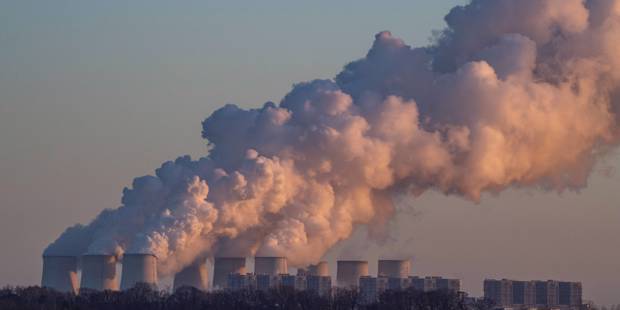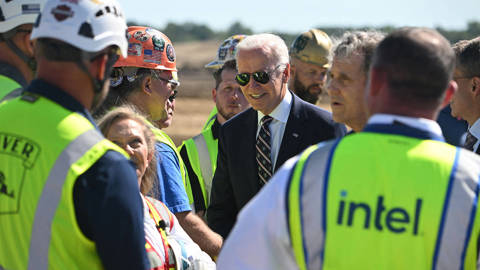Lili Fuhr
Lili Fuhr is Director of the Fossil Economy Program at the Center for International Environmental Law.
-
The Fossil-Fuel Industry’s Obstructionist Climate-Change Tactics

The Fossil-Fuel Industry’s Obstructionist Climate-Change Tactics
Aug 24, 2023 Lili Fuhr urges policymakers to prevent the development and deployment of dubious remedies for global warming.
-
Debunking Solar Geoengineering

Debunking Solar Geoengineering
Dec 9, 2022 Lili Fuhr argues that solar geoengineering is no substitute for phasing out fossil fuels.
-
Dismantling the Fossil-Fuel Economy at Stockholm+50

Dismantling the Fossil-Fuel Economy at Stockholm+50
May 30, 2022 Nikki Reisch & Lili Fuhr urge participants at the Stockholm+50 conference to lay out a bold agenda for phasing out oil, gas, and coal.
-
Managing Energy Crises in an Age of Climate Disruption
 Free to read
Free to readManaging Energy Crises in an Age of Climate Disruption
Dec 10, 2021 Jörg Haas & Lili Fuhr argue that preventing large swings in fossil-fuel prices will require both demand and supply-side measures.
-
The Case for a Fossil Fuel Non-Proliferation Treaty
 Free to read
Free to readThe Case for a Fossil Fuel Non-Proliferation Treaty
Sep 16, 2021 Tasneem Essop & Lili Fuhr advocate for a new international legal instrument to manage the industry’s decline.








